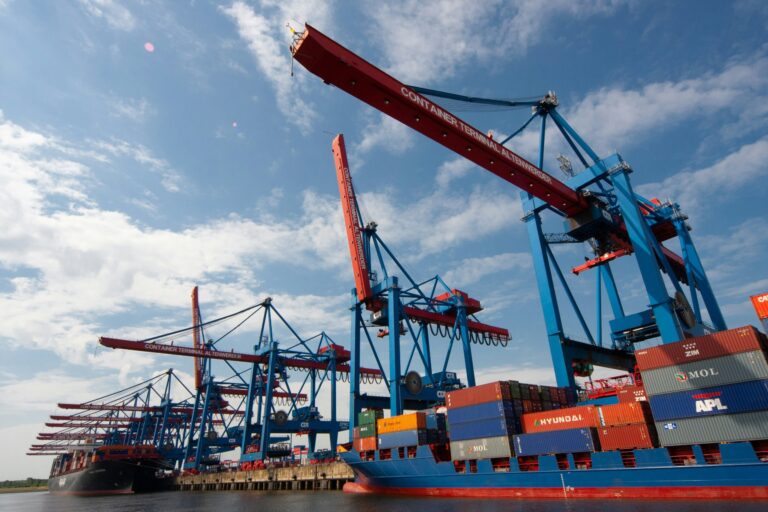Debt Concerns Slow Down BNPL Growth in Dutch Retail: What You Need to Know
The Dutch government is taking significant steps to regulate Buy Now Pay Later (BNPL) services in physical retail stores, aiming to protect consumers, particularly younger individuals, from potential financial pitfalls. As concerns about rising debts associated with BNPL schemes grow, the Dutch authorities are advocating for stricter measures to ensure responsible lending practices.
Government’s Stance on BNPL Services
While the government has refrained from imposing a complete ban on BNPL services due to EU regulatory limitations, it has issued strong recommendations to companies like Klarna, a prominent Swedish digital lender. The focus is on preventing the expansion of BNPL offerings in the Netherlands’ brick-and-mortar retail locations.
Risks Associated with BNPL Solutions
BNPL services have surged in popularity during the COVID-19 pandemic, allowing customers to convert purchases into interest-free installments. However, this convenience often conceals significant risks, including:
- Hidden Costs: Many users overlook potential late fees and other charges.
- Debt Accumulation: The ease of deferred payments can lead to increased financial strain.
- Consumer Awareness: A study revealed that only 52% of BNPL users understand the risks of late payment fees.
Collaborations with BNPL Providers
Discussions between Dutch authorities and various BNPL providers, including Zalando and Amazon, have been ongoing. However, these companies have yet to endorse a code of conduct that incorporates essential age verification processes for all users, which is critical for mitigating risks associated with BNPL services.
Broader Regulatory Trends
This initiative in the Netherlands reflects a growing trend across Europe where BNPL services are increasingly scrutinized. According to a recent study by the Lending Standards Board (LSB), 15% of consumers have incurred late payment fees, with the figure climbing to 22% among individuals with poor credit ratings.
Conclusion: A Proactive Approach
The Dutch government’s proactive measures signal to the FinTech sector that regulatory frameworks will continue to evolve. This is particularly crucial in markets that are rapidly adopting new technologies, as the potential for consumer harm increases. By addressing the challenges posed by BNPL services, the government aims to foster a safer financial environment for all consumers.
For more information on responsible financial practices, visit our financial advice page.







